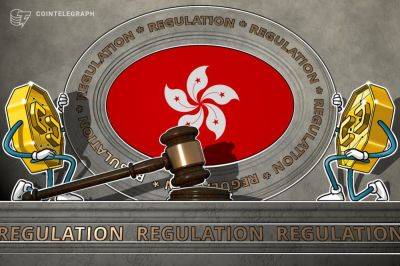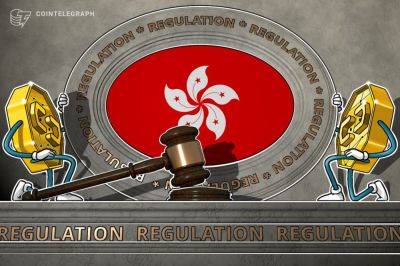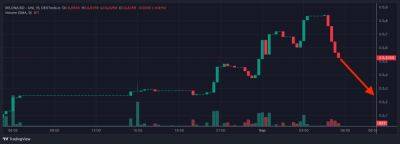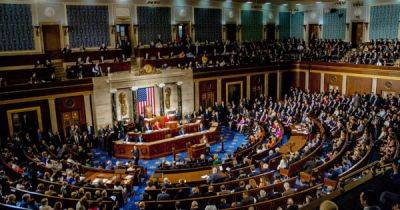China's deflation could spill over into a global concern, economists say
China's economic challenges have given rise to deflationary pressures that present a global concern and are likely to accelerate in the coming quarters, according to economists.
Beijing's deteriorating economic fundamentals have become starkly apparent in recent months, with July's data broadly missing expectations and the National Bureau of Statistics suspending its publication of youth unemployment figures as numbers soared to record highs.
Credit data for July also showed a slump in borrowing demand from businesses and households and problems have persisted in the country's massive real estate sector, with once-healthy developer Country Garden on the brink of default and heavily indebted property giant Evergrande Group filing for bankruptcy protection in the U.S. earlier this month.
China's headline consumer price index fell 0.3% year-on-year in July to register deflation for the first time in more than two years, presenting an opposing problem to that faced by major economies in the West.
Though some of the headline weakness could be attributed to transitory factors such as lower energy and pork prices, core inflation has also been weighed down by falling prices in shelter and related categories due to the ailing property sector.
«Despite changing linkages between China and the global economy as Beijing tries to transition to a consumption-led growth model and trade tensions remain elevated with the West, China is still the world's manufacturer,» said Pimco Economist and Managing Director Tiffany Wilding.
«As a result, Chinese economic weakness and falling prices (especially Chinese producer prices) are likely to spill over into global markets — near-term good news for the Western central banks' fight against
Read more on cnbc.com

 cnbc.com
cnbc.com




















